School district fields questions about possible Nov. 7 referendum on 8.5-cent tax increase
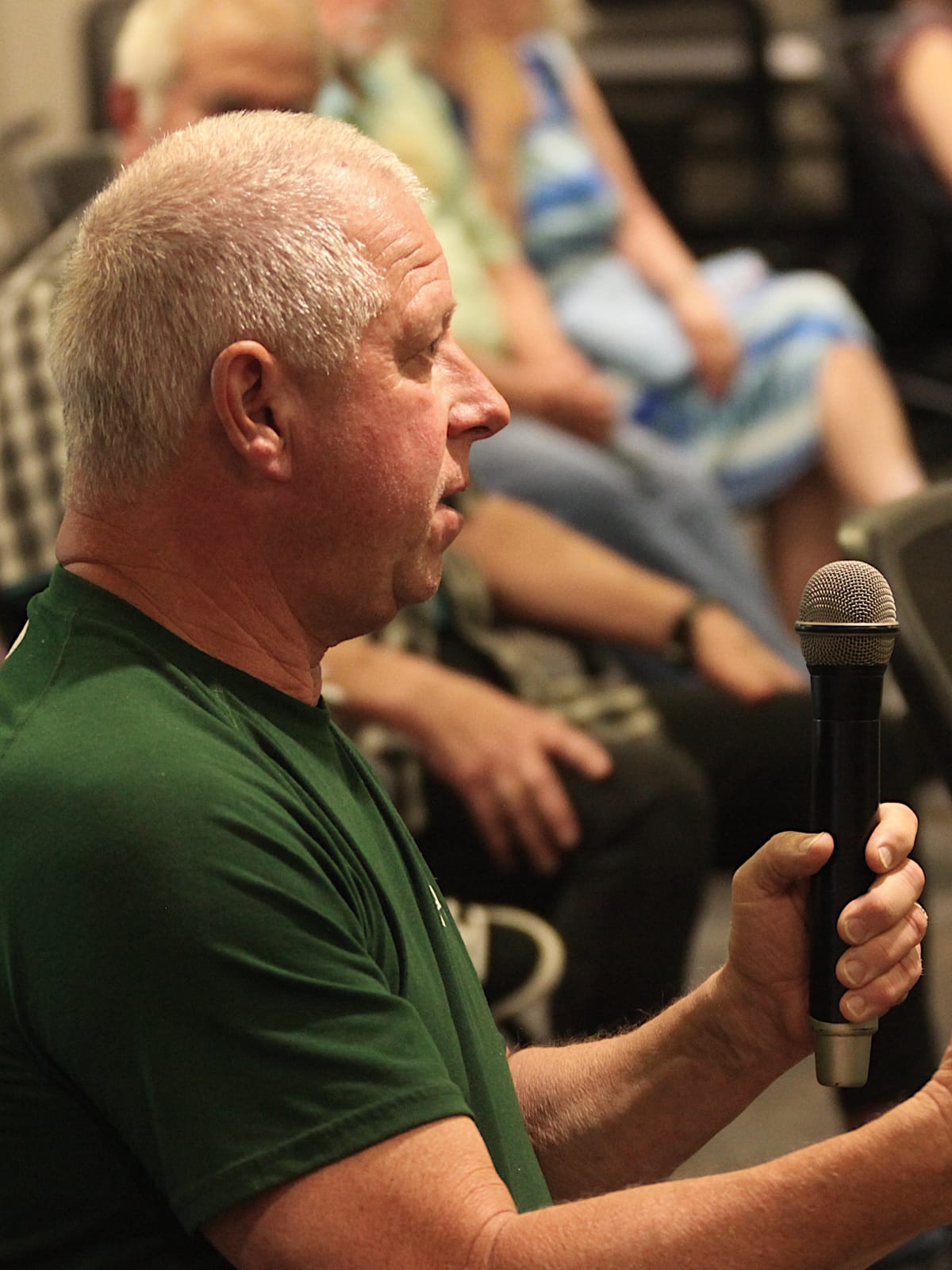
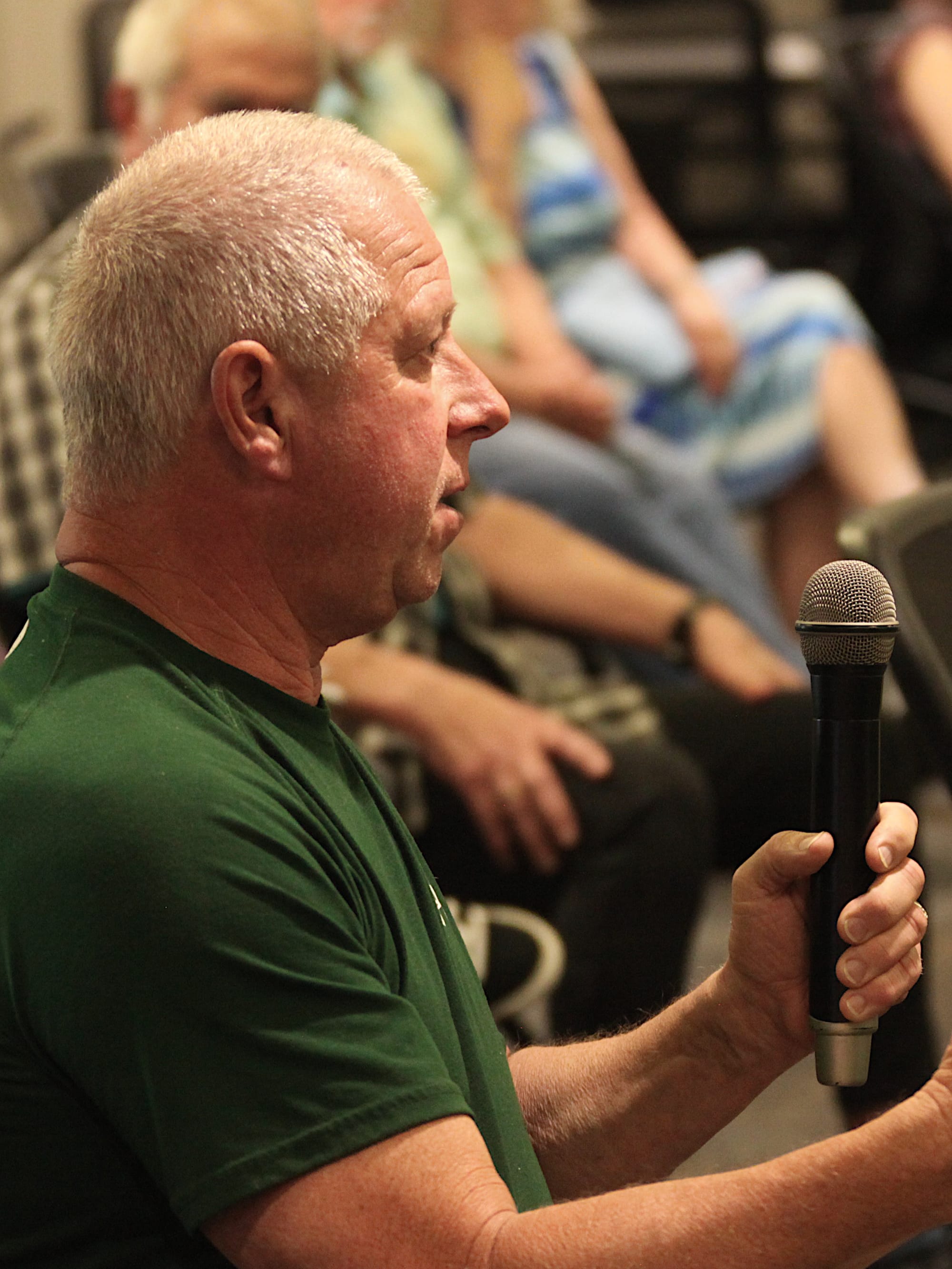
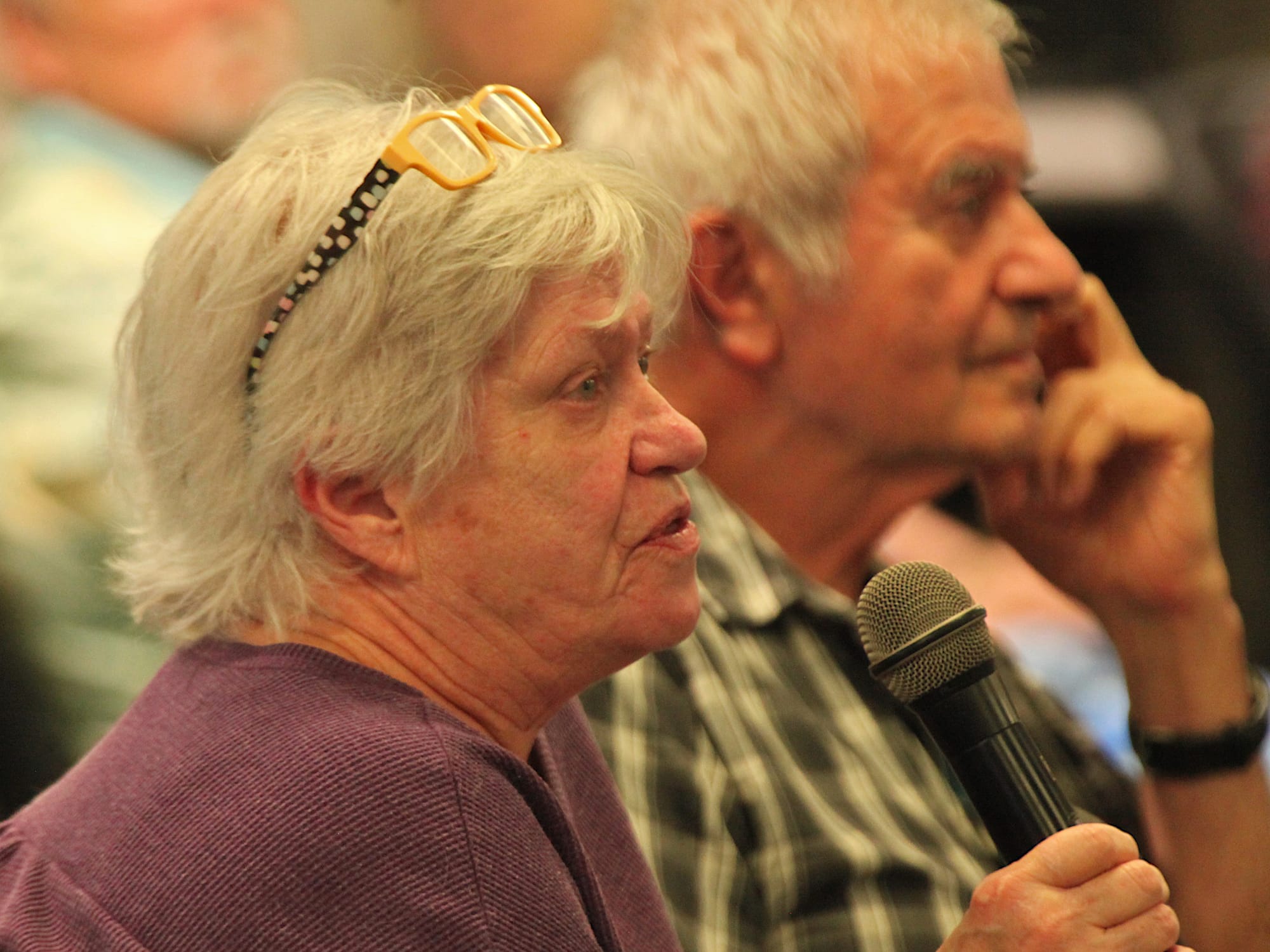
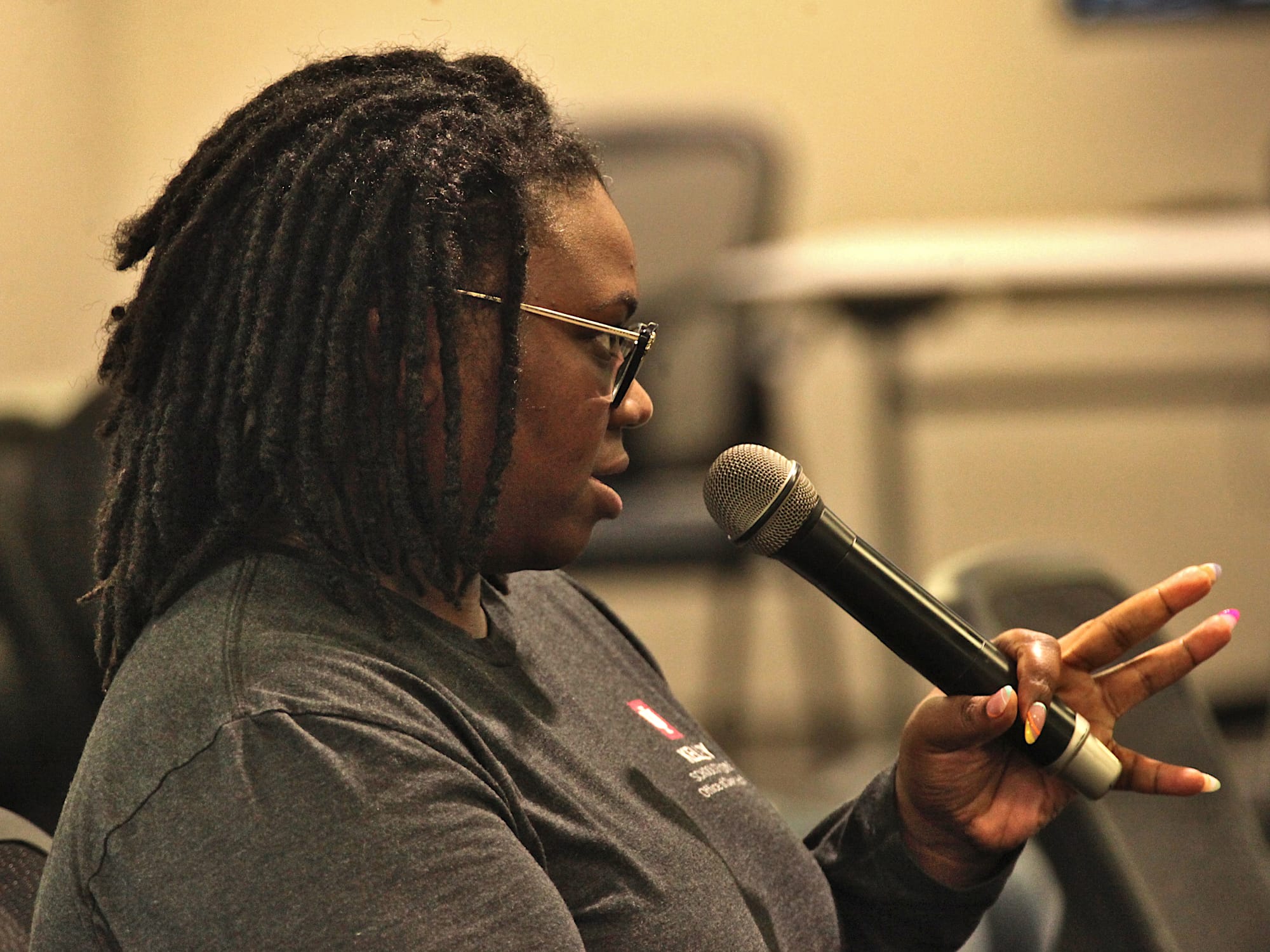
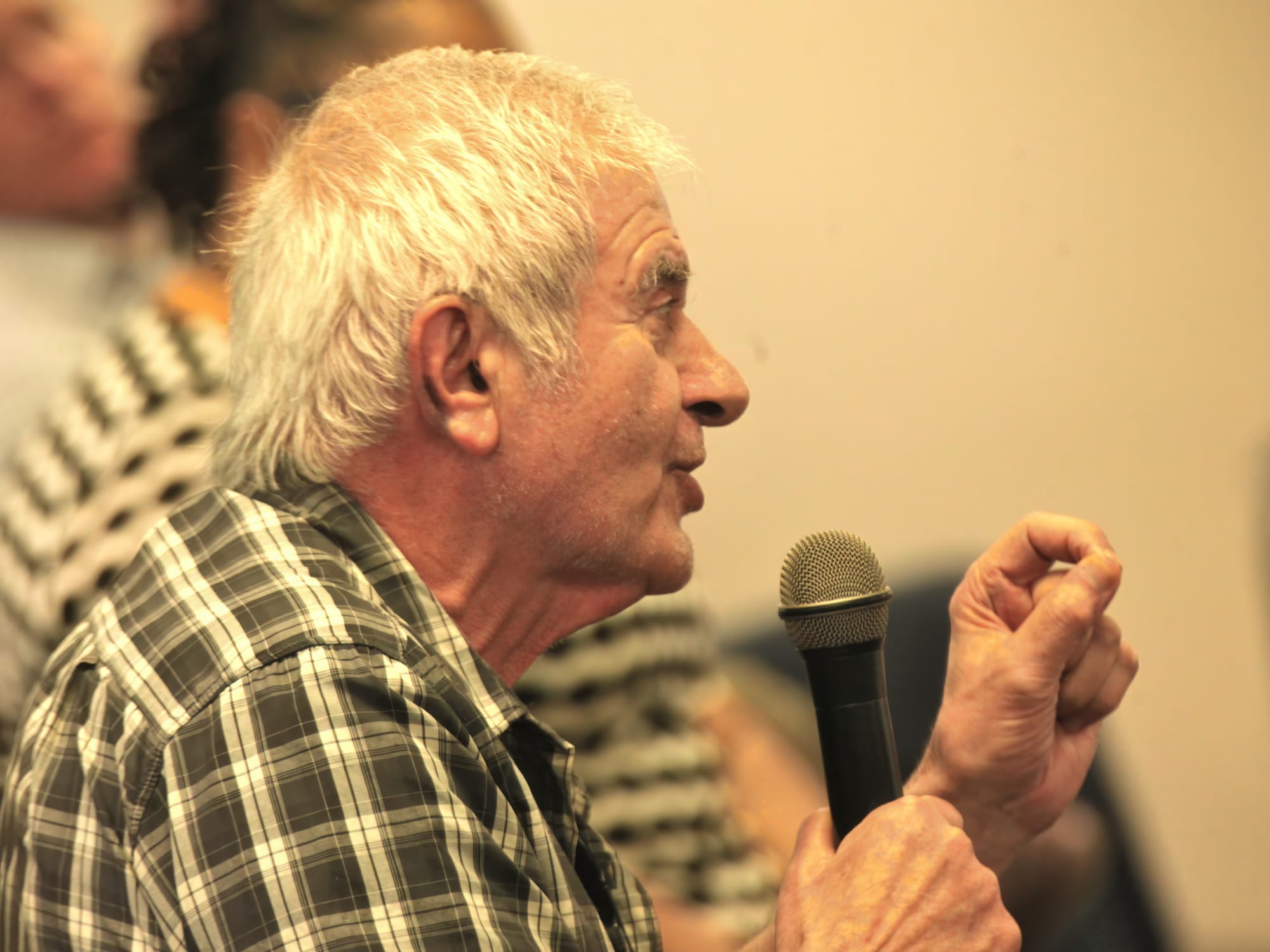
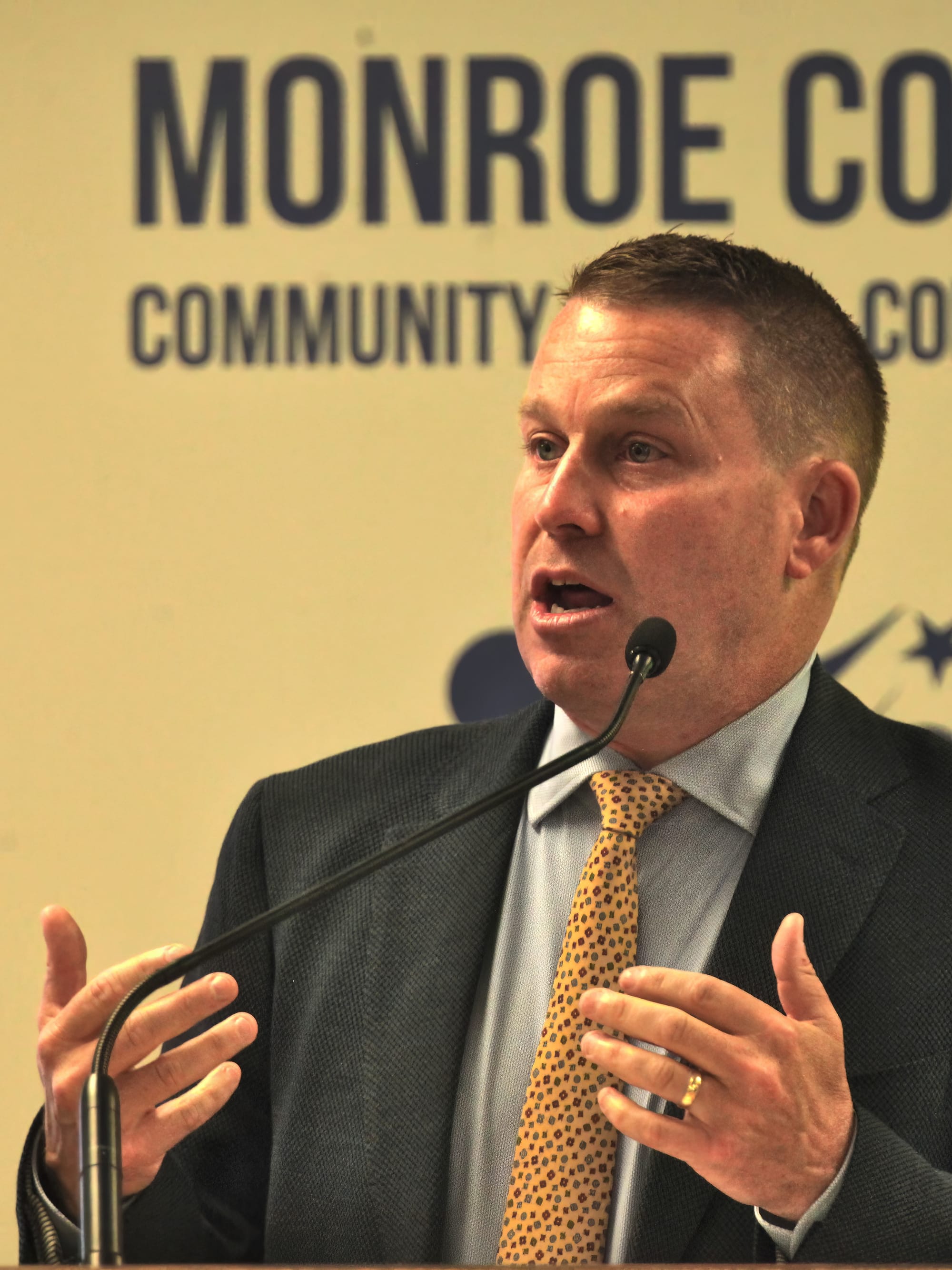
On Wednesday night, MCCSC superintendent Jeff Hauswald presented the district’s case for a referendum on Nov. 7 that would add 8.5 cents to the district’s property tax rate.
Hauswald then fielded questions from meeting attendees.
Wednesday’s meeting came the day after the school board voted unanimously to pass a resolution authorizing Hauswald to consult with Monroe County auditor Cathy Smith about the calculations that would go into increasing MCCSC’s property tax rate by 8.5 cents.
A vote to put the question to the public as a referendum could come at the school board’s June meeting.
The revenue generated by the additional tax would go towards early childhood education for 3-to-5-year-old children, as well as other initiatives to make education more accessible.
The other initiatives include free instructional technology, supplies, and consumables for all students. Also made free would be Advanced Placement (AP) exams and tests that are needed for workplace certificates. The additional revenue would also cover free career education, including tuition, testing, supplies, and associated fees.
Based on the remarks and questions from the public who spoke, the dozen and half people who attended Wednesday night’s presentation were mostly friendly to the idea of the increased tax.
But former city councilmember David Sabbagh questioned the timing of the public vote. Sabbagh said he is a strong advocate of early childhood education. He told Hauswald, “I would have trouble disagreeing with anything you said.”
Sabbagh continued, “Unfortunately, we have this thing called city government that also taxes us.” He noted the Bloomington is considering an increase to trash collection fees. Sabbagh also noted that his tax bill had already increased due to the successful 18.5-cent referendum that MCCSC had put on the ballot in 2022—which passed with 68.6 percent support.
Sabbagh asked, “I wonder if you couldn’t put it off for a year?”
Hauswald responded by saying that learning rates are actually declining because fewer people are taking advantage of early childhood education—either because they cannot afford it, or there is not enough space. There are waiting lists for existing pre-K facilities, Hauswald said, adding that some of the facilities have all their slots filled 30 minutes after enrollment opens.
Hauswald told Sabbagh the cost of waiting a year outweighs the $50 that he estimates the additional 8.5-cent tax would cost the owner of a house with an assessed value of $250,000.
That estimated $50-dollar impact is based on an effective increased rate of about 4 cents—after the district’s effort to whittle down its spending on bricks-and-mortar, and after the enactment by the state legislature this year of HB 1499, which limits the pace of a referendum levy’s growth. HB 1499 says that the levy amount from referendums cannot increase more than 3 percent over the previous year.
Property tax rates in the Hoosier state are expressed as a number of cents of tax per $100 of assessed value. To calculate the impact of a 4-cent tax increase on the owner of a house with an assessed value of $250,000, the first step is to calculate the net assessed value of the house—which involves subtracting the standard homestead deduction and a supplemental deduction. Subtracting those amounts leaves just $133,250 to which the 4-cent rate would apply.
The same calculation on the 8.5-cent rate increase, which would be stated on the ballot for a referendum, would mean a roughly $113 increase for the owner of a $250,000 house.
That would just about match the proposed yearly increase for trash collection fees that the city of Bloomington is currently considering. For the most popular, medium-sized carts the monthly fee is proposed to increase from $11.61 to $20.42, which translates into a yearly increase of $105.72
Hauswald told Sabbagh that he acknowledges the increases that other local units are also imposing. But he pointed to MCCSC’s overall rate compared to other school districts, saying that MCCSC is “extremely fiscally responsible.” Hauswald called the 8.5-cent increase “investing in our community.”
Sabbagh also raised the question of who will pay for the election itself. MCCSC residents who live outside of Bloomington are not eligible to participate in the Nov. 7 municipal election. Under state election law, that appears to mean that the referendum would have to be held at a special election, on the same Nov. 7 date as the municipal election.
Under state law, if the referendum is held at a special election, the district has to pay all the costs of holding the referendum.
Hauswald said he would not say that the cost of holding the election is an insignificant amount, but did say, “The cost of [the election] is minimal compared to what we’re going to be able to accomplish.”
Other questions came from Maqubè Reese, who is president of the Monroe County branch NAACP, but was speaking for herself on Wednesday. Reese wanted to know how MCCSC defines “family”—given that the referendum is described as helping families. Hauswald said, “We define ‘family’ as not just the mom and dad and the siblings—we define it much more broadly.” Hauswald said “family” means “the entire network of people who are supporting the education of our youth.”
Reese also asked Hauswald how MCCSC is preparing for “the influx of diversity due to the free education for pre-K…, given the history of harm done to Black, Brown and people of color and LGBTQ+ community?”
Hauswald said, “If providing additional early childhood opportunities, as well as other factors, creates a more diverse student body, that’s exciting. That’s what we want.” He continued, “We want our students to be educated in a diverse setting, where it’s culturally rich, racially diverse, religiously diverse, socio-economically diverse, that’s what we want. So that’s a good thing.”
Expressing her support for the referendum at Wednesday’s meeting was former school board member Sue Wanzer, who told Hauswald that for the 23 years she served on the board, she was a big supporter of the kinds of things that Hauswald is doing now.
Wanzer said that compared to other states, Indiana is a low-tax state, and that compared to other school districts in Indiana, MCCSC is a low-tax district. Wanzer said, “Everybody complains, because I think it’s maybe popular to complain about taxation. People don’t understand how fortunate we are, even when taxes go up, that we are still very low.”
Wanzer asked a logistical question: “Where are we going to put all these kids who are going to come to us, ages three to five for preschool?”
Hauswald said some existing community providers have additional capacity, but don’t have the staffing or funding that is necessary. He added that the district is looking at the capacity of its own elementary schools. “We would expect, through this process, to open early childhood classrooms in all of our elementary schools,” Hauswald said. He added, “It might be tight. But that’s a good problem.”
The idea of universal pre-K has some political support from leaders outside of the school district.
Attending Wednesday’s night’s meeting, but not speaking, was Don Griffin, whose recent unsuccessful campaign for the Democratic Party’s nomination for mayor included frequent mentions of universal pre-K. At the Bloomington Press Club’s candidate forum on March 22, Griffin said, “I want to be one of the first communities that offers pre-K to all. That is in our wheelhouse—that is something that we can do.”
Mayoral primary winner Kerry Thomson said at the April 10 Greater Bloomington Chamber of Commerce candidate forum, “Where are we with free pre-K? Our school system has started working. We need to get there.”
Wednesday’s meeting was held at the MCCSC Co-Lab at 553 E. Miller Drive, which is the regular meeting location for the school board. It was also streamed live on the district’s Youtube channel.




Comments ()